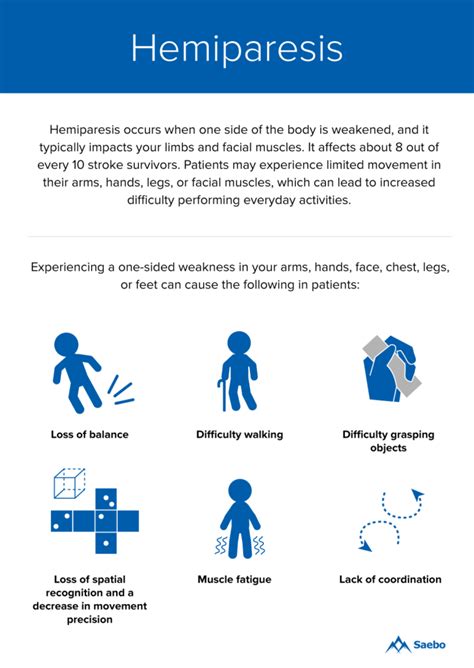Hemiparesis is a severe impairment following a stroke that affects the majority of stroke patients. Rehabilitation is usually at least partly successful. But might results be improved with homeopathy?
This trial tested the efficacy of individualized homeopathic medicines (IHMs) in comparison with identical-looking placebos in the treatment of post-stroke hemiparesis (PSH) in the mutual context of standard physiotherapy (SP).
A 3-months, open-label, randomized, placebo-controlled trial (n = 60) was conducted at the Organon of Medicine outpatient departments of the ‘National Institute of Homoeopathy’, West Bengal, India. Patients were randomized to receive IHMs plus SP (n = 30) or identical-looking placebos plus SP (n = 30). The primary outcome measure was Medical Research Council (MRC) muscle strength grading scale; secondary outcomes were Stroke Impact Scale (SIS) version 2.0, Modified Ashworth Scale (MAS), and stroke recovery 0-100 visual analog scale (VAS) scores; all measured at baseline and 3 months after the intervention. Group differences and effect sizes (Cohen’s d) were calculated on the intention-to-treat sample.
Although overall improvements were higher in the IHMs group than in the placebo group with small to medium effect sizes, the group differences were statistically non-significant (all P>0.05, unpaired t-tests). Improvement in SIS physical problems was significantly higher with IHM than with placebo (mean difference 2.0, 95% confidence interval 0.3 to 3.8, P = 0.025, unpaired t-test). Causticum, Lachesis mutus, and Nux vomica were the most frequently prescribed medicines. No harms, unintended effects, homeopathic aggravations, or any serious adverse events were reported from either group.
The authors concluded that there was a small, but non-significant direction of effect favoring homeopathy against placebos in treatment of post-stroke hemiparesis.
Considering the fact that homeopathy has become the holy cow of India which led to the phenomenon that almost no negative homeopathy trials are being reported by Indian researchers, this article is a happy surprise. Its authors clearly report that IHM had no effect on the primary outcome measure.
Bravo!
But who had the bizarre idea that it might?
I have heard many outlandish claims by homeopaths but the one about PSH was a new one to me.
Equally puzzling is, in my view, the design of this study: it was an “open-label, randomized, placebo-controlled trial”. The reason for having a placebo group is to blind the patients, i.e. not let them know whether they receive the verum or the placebo. In an open-label trial, however, the patient is given exactly that information. I totally fail to understand the logic of this. Can someone enlighten me, please?

Well, homeopaths of course.
But OK, here we have once again one homeopathy trial for one particular condition. Now let’s ignore the actual outcome for a moment, and just look at some numbers:
– A conservative estimate of the total number of conditions afflicting humans is about 10,000.
– To be able to claim that one particular treatment for one particular condition is effective, I’d say that this would require at the very least several positive high-quality trials, with one or two negative trials at most. So let’s say we need about 5 trials per treatment per condition.
– Homeopathy features at least 8,500 ‘remedies’.
– Which means that if homeopaths want to conduct trials for even 10% of all possible conditions, testing maybe 10% of all available ‘remedies’ per condition (assuming that 90% of ‘remedies’ will never produce a match with reported symptoms), this would take 1,000 x 850 x 5 = 4,250,000 trials.
– Which in turn means that homeopaths can keep busy performing ‘trials’ like the one above for many, many years to come.
So I’m afraid that we won’t get rid of homeopathy for the next few centuries, even if the vast majority of trials comes up negative as they have so far.(*)
Unless of course the ones who are paying for all this nonsense would finally decide to spend that money on things that really help people.
*: No, the same does NOT go for regular, science-based medicine as well – because trials in science-based medicine involve plausible mechanisms, not nonsensical – and so far completely unproven – magical principles such as ‘like cures like’.
A result of vastly diluted brains?